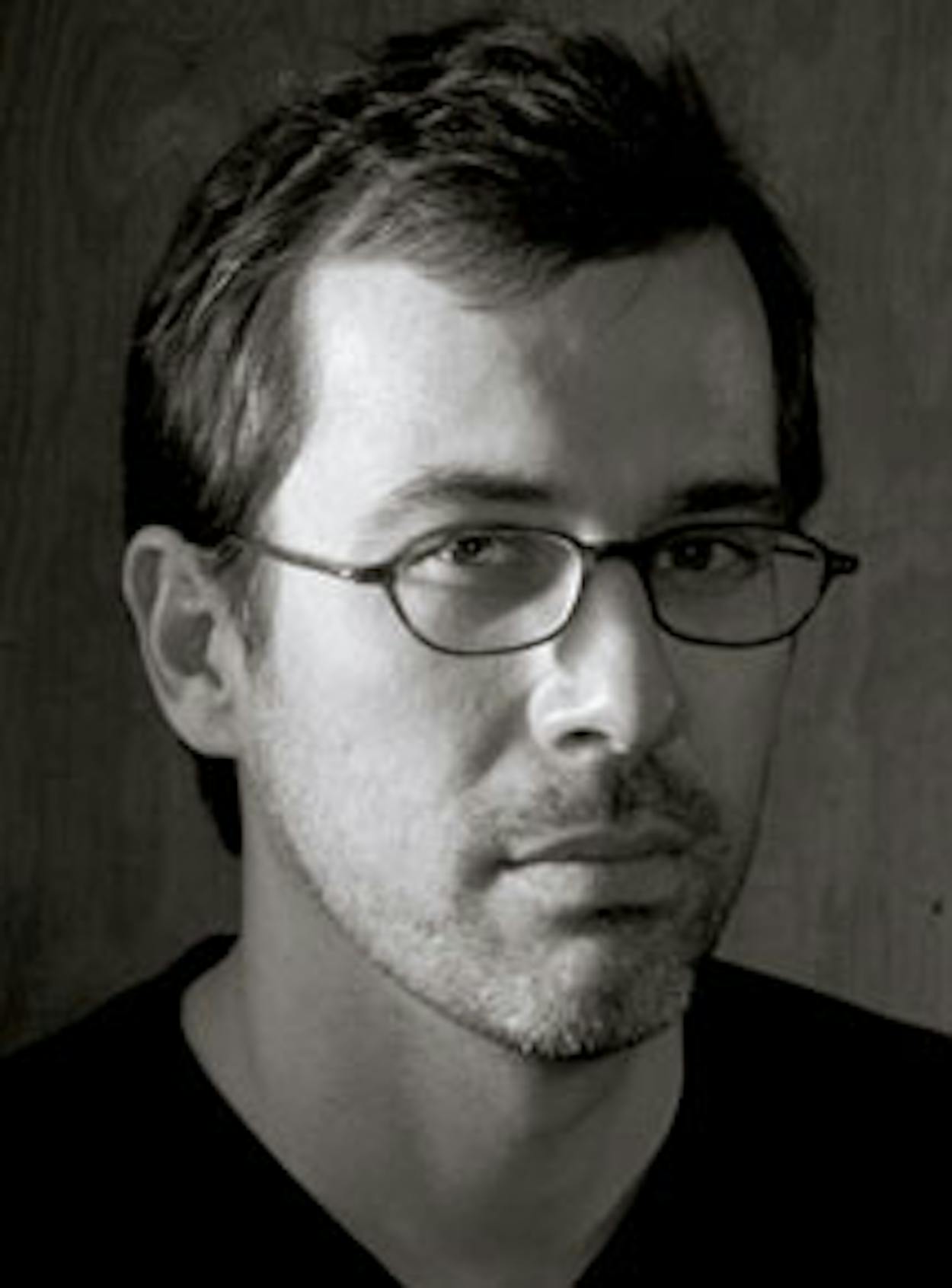The Austin journalist and linguistics expert ponders the nature of speech imperfections and what verbal gaffes reveal, or don’t, in Um…Slips, Stumbles, and Verbal Blunders, and What They Mean.
What qualifies as a “verbal blunder”?
It can be a slip of the tongue or any moment where something we’ve planned to say goes awry. It can also be what is known as speech disfluency: “uh” or “um,” restarted sentences, or silent pauses.
Some people might point out that slips of the tongue and speech disfluencies have separate and distinct causes. Isn’t it confusing to put them into the same category as verbal blunders?
The two are different—slips result from a mental plan gone awry, while disfluencies represent a delay or interruption in planning. However, I grouped them because they share a number of properties: Both present undesired if inevitable instances of failing to get things in order in time, and they both can damage social performances.
Why study these blunders?
Slips and disfluencies are windows into how the brain perceives sounds, selects words, constructs sentences, and monitors an utterance before a speaker says it.
So when did you first take an interest?
During the 2000 campaign, George W. Bush’s malapropisms and other verbal blunders were called abnormal. The criticisms made for fun reading, but from a scientific perspective, they weren’t accurate.
Where does the Freudian slip fit into the study of verbal blunders?
To Freud, all slips were the result of an unconscious desire trying to make itself visible. But most speech errors aren’t very sexy at all.
Has western society maintained a consistent attitude toward verbal blunders over the years? Is it different in other cultures?
All languages have slips and disfluencies. Interestingly, slips of the tongue always follow the basic rules of the language itself; there are things that happen in English that don’t happen in, say, Hindi. All languages also give their speakers ways of signaling a delay. “Um” is a near-universal word.
Has George W. Bush earned his reputation as a verbal stumblebum?
George W. Bush has certainly earned his reputation as someone who is inarticulate and unable to lead with his language. But in terms of true speech errors, his reputation as a verbal blunderer, someone who was to language what Bill Clinton was to marital fidelity, was thrust upon him. A couple of factors were important: The faster news cycle meant that organizations needed more content, which means he was quoted more. Campaigns with strong message discipline make any deviation more informative, hence more valuable to journalists. Journalists and their audiences were in a mood for the verbatim. Dan Quayle, who was already the country’s linguistic punching bag, quit the race. So when Bush made a number of choice slips of the tongue very early on, he walked into a perfect storm.
Are people overly-concerned about what their verbal tics might reveal?
I think they don’t know much about what their tics do reveal. The disfluencies are pretty good indicators of states—emotional states, momentary responses to situations, mental load. But they’re not reliable indicators of traits—personality, intelligence, moral values.
Did you uncover any misconceptions about verbal communications that you’d like to expose?
There’s a level of disfluency that is normally present in speaking which doesn’t impede communication. We don’t hear most disfluencies, and in fact, the human language abilities have evolved to deal with these moments. Communication isn’t the unimpeded flow of information; it’s not perfect fluency. Anyone who wants to get better as a public presenter should do improv comedy classes.
One surprising one is that increased anxiety doesn’t actually correlate with increased “uhs” and “ums.” People who are anxious will repeat more words and restart more sentences, so if you want to gauge someone’s anxiety level, you should pay attention to those other corrections on the fly.
Can you single out any well-known person as the worst verbal blunderer of modern times?
Politics is full of instances where a person makes a single error that ruins a career or defines an age. But the Reverend Spooner, who gave us the “Spoonerism” (as in “half-warmed fish” instead of “half-formed wish”), typifies to me the modern verbal blunderer. Here’s someone who was highly educated but who wasn’t in full control of his language. He was also someone who came along as mass media was going global, so what he said was spread far and wide. But how many Spoonerisms did he actually make himself and how many were made up and attributed to him? Who knows.
What are you working on now?
I’m finishing an article on slip research for Science; then I hope to get started on a book that will be the linguistic equivalent of the search for Big Foot.







